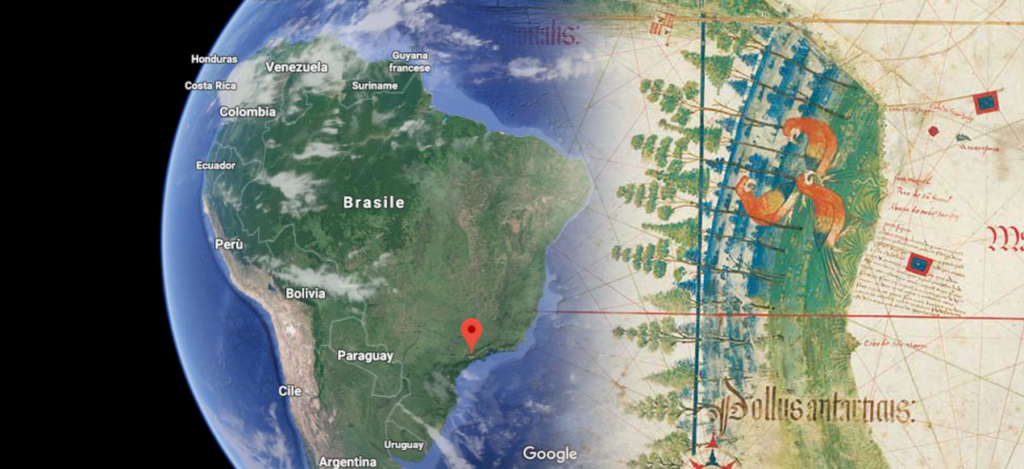Brazil is a country with an immense responsibility towards humanity. First, because it contains the largest portion of the Amazon rainforest, a critical element stabilizing the Earth’s climate system. Second, its well-conserved terrestrial ecosystems store immense amounts of carbon and 12% of global water resources. Third, its terrestrial and marine ecosystems harbour 10% of the world’s biodiversity, including many species useful for food, medicine and construction. Moreover, Brazil’s cultural diversity includes over 300 ethnic groups that preserve ancient Indigenous Ecological Knowledge and have historically provided essential services for societies.
To help Brazil restore a resilient and participatory governance system, 1230 cientists suggest three main priorities aligned with the Convention on Biological Diversity (CBD, Aichi Targets), the United Nations Sustainable Development Goals (SDGs) and the Paris Agreement


